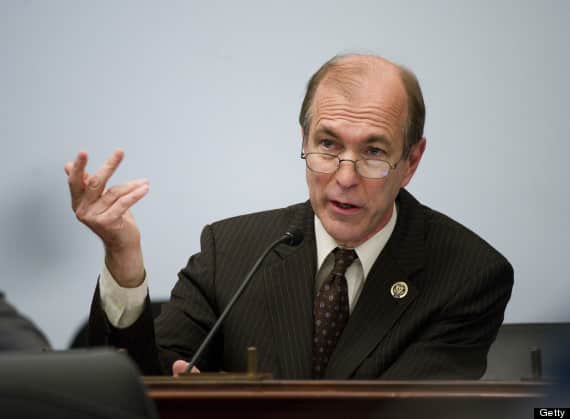
By BINYAMIN APPELBAUMNOV. 12, 2016
WASHINGTON — Paul A. Volcker, the Federal Reserve chairman, received an urgent warning two weeks after Ronald Reagan won the 1980 presidential election. Some of the president-elect’s advisers, he was told, wanted to abolish the central bank and replace it with a computer program that would manage interest rates and monetary policy.
Today, a Democratic Fed leader is once again bracing to see whether victorious and emboldened Republicans will try to overhaul the central bank.
In almost three years as the Fed’s chairwoman, Janet L. Yellen has led an aggressive campaign to stimulate economic growth. Donald J. Trump, the president-elect, has embraced criticism that the Fed is causing more problems than it is solving, and he has surrounded himself with advisers who would like to rein in the institution that has the greatest influence over the direction of the nation’s economy.
Mr. Trump can fill a majority of the Fed’s seven-member board with his own nominees over the next 18 months, including replacing Ms. Yellen in February 2018. He also could work with Congress on new constraints, including some form of an old idea on the right that a formula should dictate the Fed’s movements of interest rates.



